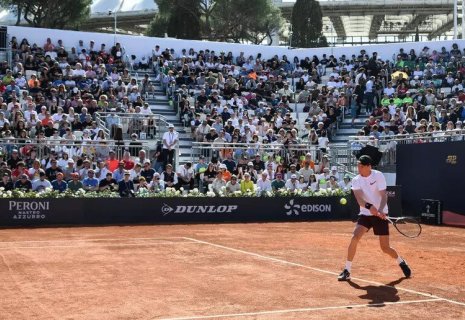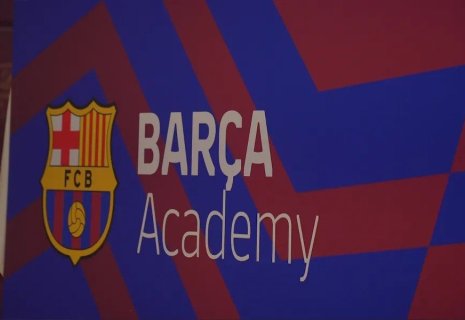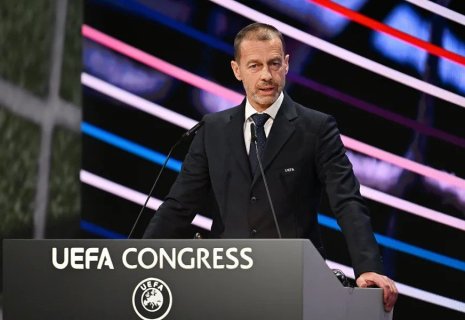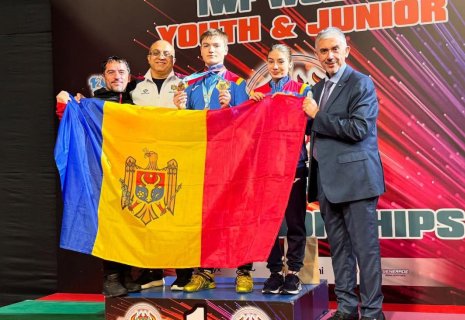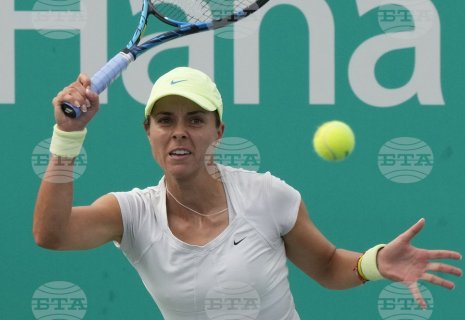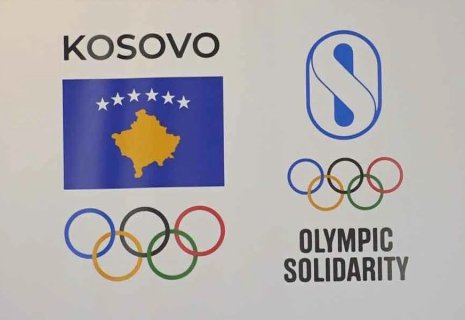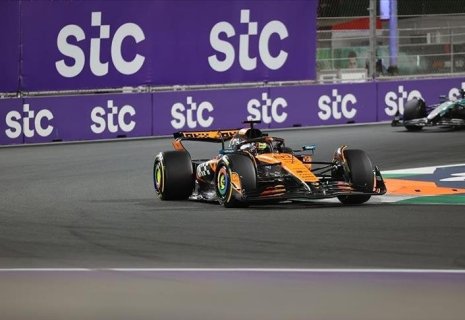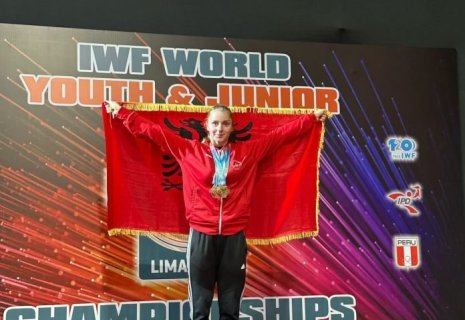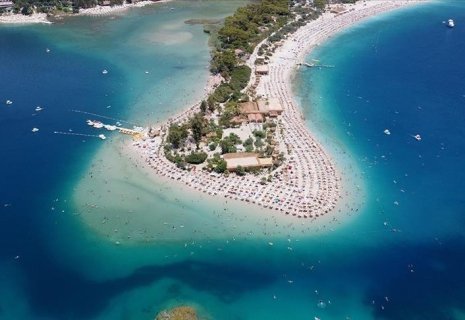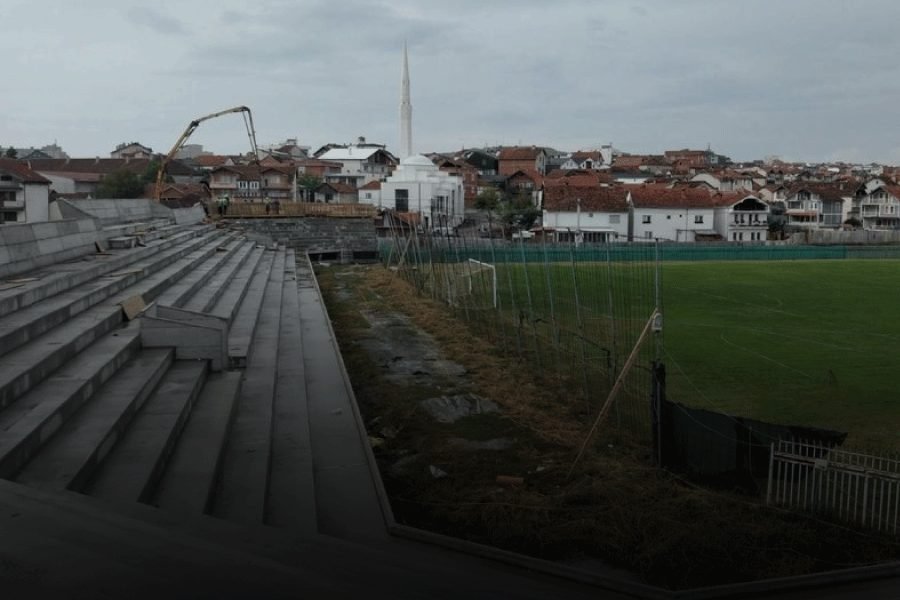
Sports growth in Kosovo stifled by infrastructure shortcomings
Kosovar athletes have achieved significant success even on the international stage, but the lack of adequate sports infrastructure is considered to stifle the potential for even greater breakthroughs in sports in Kosovo, CE Report quotes Kosova Press.
Infrastructure is one of the essential elements needed for an athlete to achieve top-level results.
Leaders of federations and representatives of sports institutions raise alarms for urgent intervention and significant investment in infrastructure.
The Secretary of the Karate Federation, Nazmi Gashi, highlights how Kosovo's karate athletes have no dedicated training facilities, conducting their activities in elementary and high schools.
“Ninety percent of karate clubs practice in elementary or high schools in the regions where they live. This is a significant lack of infrastructure because, to achieve a high level and strong performance from competitors, you need a facility under your control 24 hours a day, enabling tailored training programs for the athletes. With three sessions held in schools, you only have regional reach, not success. Therefore, I fully agree that sports infrastructure significantly hinders peak performance,” says Gashi.
The President of the Athletics Federation, Halil Sylejmani, states that an athlete's success is hindered by 80% due to the lack of adequate sports infrastructure.
“For many sports, when you don’t have the necessary equipment, stadiums, or tracks, it obstructs 80% of progress. An athlete training on an athletics track that meets international standards, complete with accompanying facilities like changing rooms and other essentials, can see their performance leap from 30% to 100%, as they can truly realize their potential there,” Sylejmani explains.
The Kosovo Olympic Committee (KOC) states that a large number of talents leave sports precisely because they lack spaces to develop their activities.
KOC spokesperson Kushtrim Krasniqi emphasizes that some sports in Kosovo have no infrastructure at all.
“The success achieved in the past 10 years has surpassed the expectations of both the International Olympic Committee and our own, considering the current infrastructure in Kosovo. However, if we had better infrastructure, especially in priority sports like athletics and swimming, known as the ‘queens of sports,’ where we lack infrastructure, or in other disciplines like gymnastics or tennis, we would undoubtedly have greater participation from children and youth. This mass participation would naturally lead to more talents,” Krasniqi asserts.
Former KOC President Besim Hasani also emphasizes the importance of sports infrastructure.
“The lack of infrastructure, or the existence of good infrastructure, is one of the five essential conditions that athletes and their coaches point out as necessary for creating optimal conditions for success. Without good, modern, and adequate infrastructure, we cannot achieve the desired success. Despite the current circumstances, we have managed to succeed thanks to the fantastic management of judo leaders, who didn’t allow infrastructure challenges to delay their progress,” Hasani states.
Still, there is hope for improvement with Kosovo's commitment to organizing the Mediterranean Games "Prishtina 2030," which is expected to lead to the construction of new stadiums and sports facilities.

